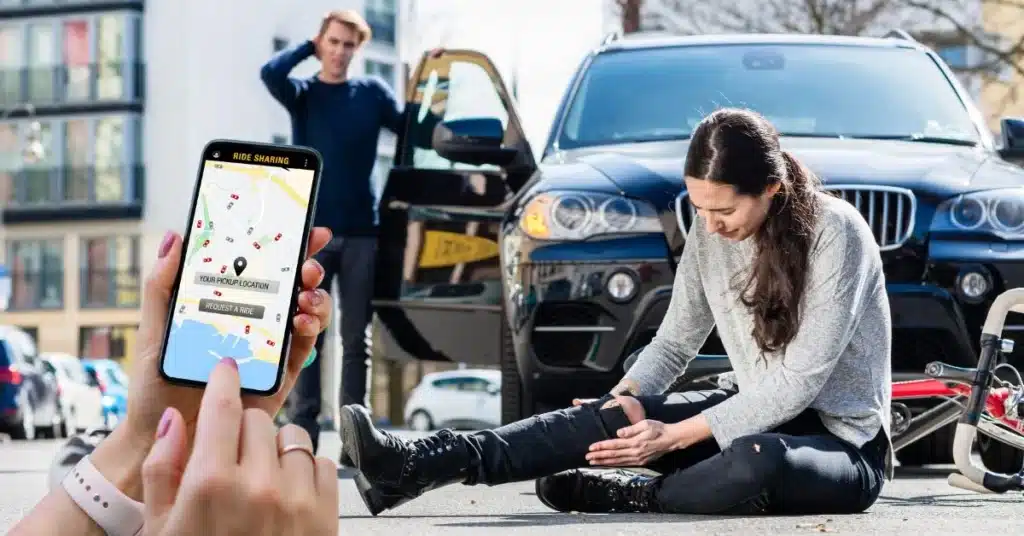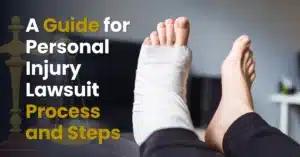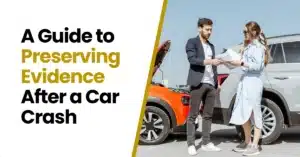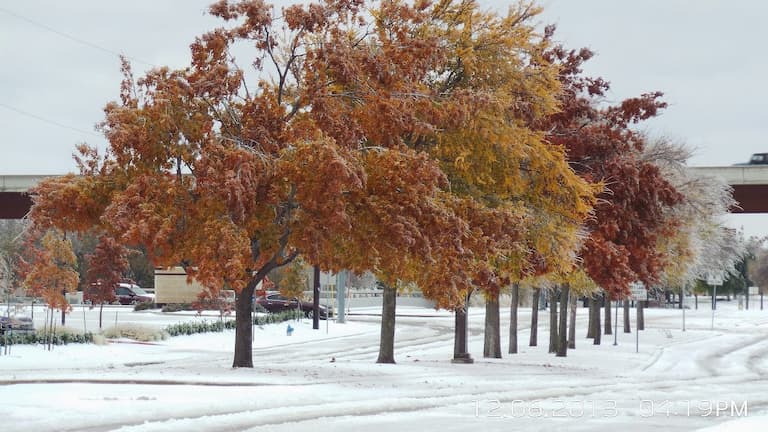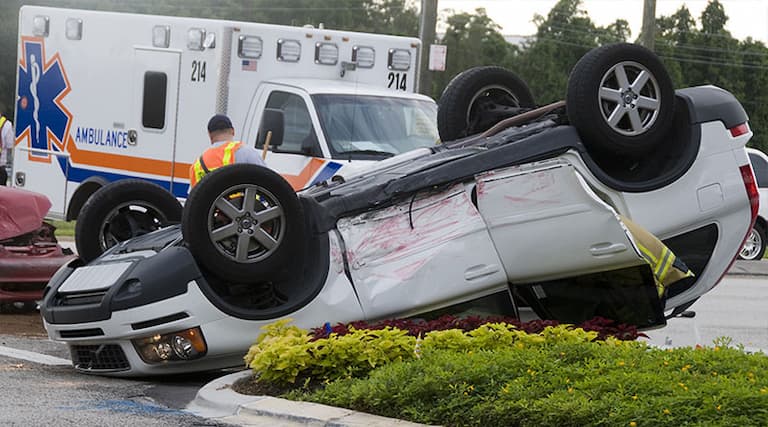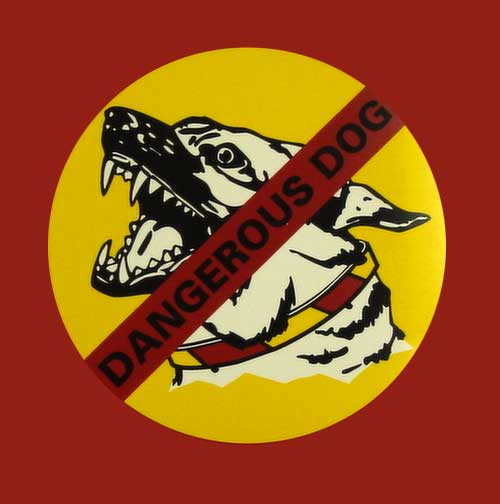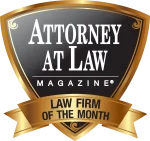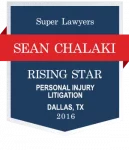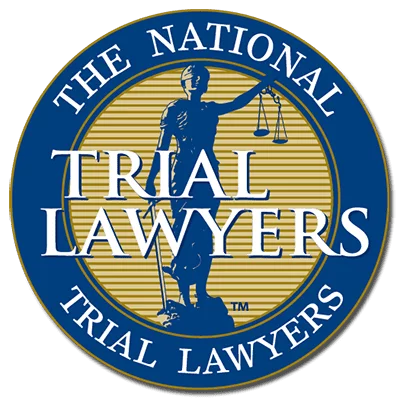Uber and Lyft have revolutionized everyday lives by providing convenient, affordable, and on-demand transportation services. They’ve reduced reliance on traditional taxis, offering ease of booking through mobile apps. Commutes are simplified, and wait times are reduced. Ride-sharing has made it easier to travel without owning a car, saving money and reducing congestion. Additionally, ride-hailing has created new income opportunities, allowing people to become drivers on flexible schedules. However, concerns regarding safety, traffic, and employment practices have also emerged. In the unfortunate event of an uber or lyft accident, an Uber accident lawyer and Lyft accident lawyer plays a crucial role in navigating the legal complexities. These experienced Dallas rideshare accident lawyers help victims understand their rights and pursue rightful compensation from the rideshare companies, independent contractors or other parties involved. They provide free consultation and essential guidance of the Texas law as well as representation throughout the claims process of personal injury cases, ensuring fair treatment, financial compensation, and justice for those affected by such incidents.
Steps to Take After an Uber or Lyft Accident in Texas
Collisions with a rideshare vehicle can have a profoundly distressing impact on any individual involved. In such cases, a Dallas Uber accident lawyer or Lyft accident lawyers will be able to provide accident victims with legal counsel in this challenging process to achieve full financial recovery.
- Check for injuries: First, check yourself and others for injuries after the car wreck. Wether you are a Lyft or Uber driver or passenger, seek medical attention immediately.
- Report the accident: Contact emergency services to report the accident. Inform them of any injuries and the accident’s location.
- Gather information: Collect essential details, including the name of the Uber of Lyft driver, contact information, license plate number, and insurance details. Also, note the location, time, and circumstances of the accident. In additon, also keep record of the police report as this is very useful when filing for a case for motor vehicle accidents.
- Document the scene: Take photos of the scene where the Lyft of Uber accidents happened, vehicle damage, and any visible injuries. This accident scene evidence may be valuable for insurance claims or legal purposes.
- Get witness information: If there are witnesses of your Lyft accident in Dallas, you must obtain their names and contact information. Their statements may be needed by your Lyft accident attorney or Uber accident attorney to support your case if needed.
- Inform Uber or Lyft: Report the car accident in an Uber or Lyft through their app or customer support. They will guide you on their procedures.
- Contact a Ride Share Attorney: With the emotional distress, consider consulting an experienced personal injury attorney from a reputable law firm. They can advise you on your rights, assess your potential claims and for a wrongful death lawsuit if applicable, and handle communication about the insurance policies.
- Preserve evidence: If you’re involved in an Uber or Lyft driver accident keep relevant documents, such as medical reports, Lyft or Uber car accident report, receipts, and communication records with Uber or the driver.
- Avoid giving statements: Refrain from making any official statements or accepting settlement offers without consulting your lawyer first.
What Makes Rideshare Car Accidents Different?
The circumstances surrounding rideshare accidents diverge considerably from those of other vehicle mishaps. The exclusive nature of rideshare businesses, such as Uber and Lyft, breeds these difficulties.
Insurance Coverage Complexity: A fundamental distinction between rideshare incidents is the scope and nature of available insurance. Rideshare drivers, like Uber drivers, typically have personal auto insurance when they are not working, but during rideshare trips, the rideshare company’s insurance comes into play. This overlapping insurance makes it hard to determine fault or the at fault parties and handling claims more intricate than in regular car accidents.
Commercial Use of Vehicles: Personal vehicle operators, like that in Dallas county, offer commercial rides to passengers through popular ride-sharing platforms. The business facet shifts the insurance landscape, as traditional personal vehicle insurance may not fully protect accident victim against Uber and Lyft accidents. The incorporation of commercial interests can multiply the potential for bigger Uber claims.
Multiple Parties Involved: Collisions involving rideshares may involve various parties, such as the driver, passengers, other road users, and sometimes even the rideshare provider. Identifying the accountable party can prove a complex process when multiple parties bear some degree of responsibility.
Technology and Distractions: Ride-sharing drivers heavily leverage mobile applications for route guidance, passenger communication, and handling trip bookings. Determining technology’s influence on causation is critical for allocating responsibility when incidents occur.
Passenger Rights and Injuries: People who suffer injuries while using ridesharing services possess specific legal protections. They may qualify to receive payment from various parties, such as the negligent driver and the ridesharing firm’s insurer.
Rideshare Company Involvement: Rideshare services are more proactively involved in handling collision claims compared to conventional vehicle collisions. The parties involved may adopt distinct approaches that shape the final resolution of the matter.
Driver Status and Compensation: The peculiar arrangement of rideshare drivers as independent workers has implications for their entitlements after collisions. The element involved here may significantly influence how insurance firms and ride-hailing services handle claims.
Why Uber or Lyft Accidents Happen?
Uber or Lyft accidents can happen due to a variety of factors, and understanding the reasons behind them can help raise awareness about potential risks and promote safer practices for all road users. Here are some common reasons why Uber or Lyft accidents occur:
Driver Distractions: Just like any other driver, rideshare personnel are susceptible to diversion during driving. Diversion of attention from the road by performing other activities can increase the chance of mishaps.
Fatigue and Long Hours: Ride-sharing professionals typically work lengthy periods to hit earnings benchmarks. Tiredness can reduce their capacity for rapid response and astute decision-making, resulting in preventable accidents.
Lack of Experience: Despite their familiarity with typical driving scenarios, some rideshare operators could struggle to handle unexpected challenges while behind the wheel, thereby magnifying their chances of being part of a car crash.
Driver Behavior and Aggression: High-risk driving habits, including exceeding speed limits, tailgating, and brusque lane shifts, frequently contribute to collisions involving ride-share vehicles.
Traffic Congestion: Rideshare operators commonly navigate through bustling urban areas with frequent traffic jams. Heavy traffic conditions can magnify the possibility of crashes, particularly at peak periods.
External Factors: Collisions can occur due to the actions of other people and unanticipated events while using ridesharing services.
Navigation Errors: Despite relying on GPS, rideshare drivers encounter instances where the technology falls short. Navigation blunders can result in unplanned movements that might endanger safety.
Mechanical Issues: Brake problems or tire blowouts, among other mechanical issues, may occur in any vehicle, including those used for carpooling, with the potential for collisions.
Weather Conditions: Adverse weather situations can reduce visibility and traction on the roadway, heightening the probability of crashes.
Rideshare Company Pressure: Some drivers could feel pressure to accept more trips or complete them rapidly to increase their income and maintain a high rating. This pressure may lead to rushed driving and unsafe practices.
Intoxication or Substance Use: Both groups of individuals (drivers and other road users) may be influenced by substance abuse during driving, leading to deficient safety measures.
Lyft and Uber Insurance Requirements fo Ride Share Driver’s in State of Texas
State law in Texas mandates a higher minimum level of insurance coverage for drivers who provide ridesharing services than for those who drive exclusively for themselves. In addition, if you want to be covered while working for a Transporation Network Company, you’ll need to get additional coverage from your auto insurer in Texas. The average person’s auto insurance goes up between 15 and 30 percent when they start driving for ridesharing services like Uber and Lyft. Insurance requirements for ridesharing drivers change from “period” to “period.”
Period 0: When you’re not utilizing the ridesharing service and just driving around for fun, you don’t need anything more than the legally required minimum in Texas.
- Per-injury bodily injury liability coverage of $30,000
- Per-accident bodily injury liability coverage of $60,000
- Property damage liability coverage of $25,000 per occurrence
Period 1: Using a ridesharing app in Texas necessitates higher liability coverage levels while you wait for a ride request:
- Per-injury bodily injury liability coverage of $50,000
- Insurance policy limits per accident of $100,000 for bodily harm
- Property damage liability coverage of $25,000 per occurrence
Periods 2 and 3: While you are transporting a passenger or picking up a rider, you must have much greater liability limits of $1 million for bodily injury and property damage (total) per accident. However, in most cases, both types of insurance are given by the TNC you’re dealing with. Both Uber and Lyft offer you uninsured/underinsured motorist protection of up to $1 million per incident. Uber goes even further by offering comprehensive and accident coverage that kicks in just when you have passengers in the car.
Conclusion
To conclude, experiencing an accident occurs while utilizing these an Uber of Lyft ride sharing platforms can be a daunting undertaking for accident victims. Although possessing the appropriate knowledge can prove pivotal in safeguarding your interests and obtaining just reparations. Make safety your top priority and receive quick medical attention if you get hurt. Compile relevant facts and submit them to either Uber or Lyft. Collaborate with a savvy attorney with experience in handling Lyft or Uber cases to protect your legal rights. By adopting these key actions, you can significantly improve your chances of navigating the rideshare accident claim procedure with greater ease and reach a faster recovery milestone. Remaining knowledgeable can enable you to protect yourself, while – ‘Safeguarding yourself is crucial, and – Seeking support during a rideshare incident is essential.

